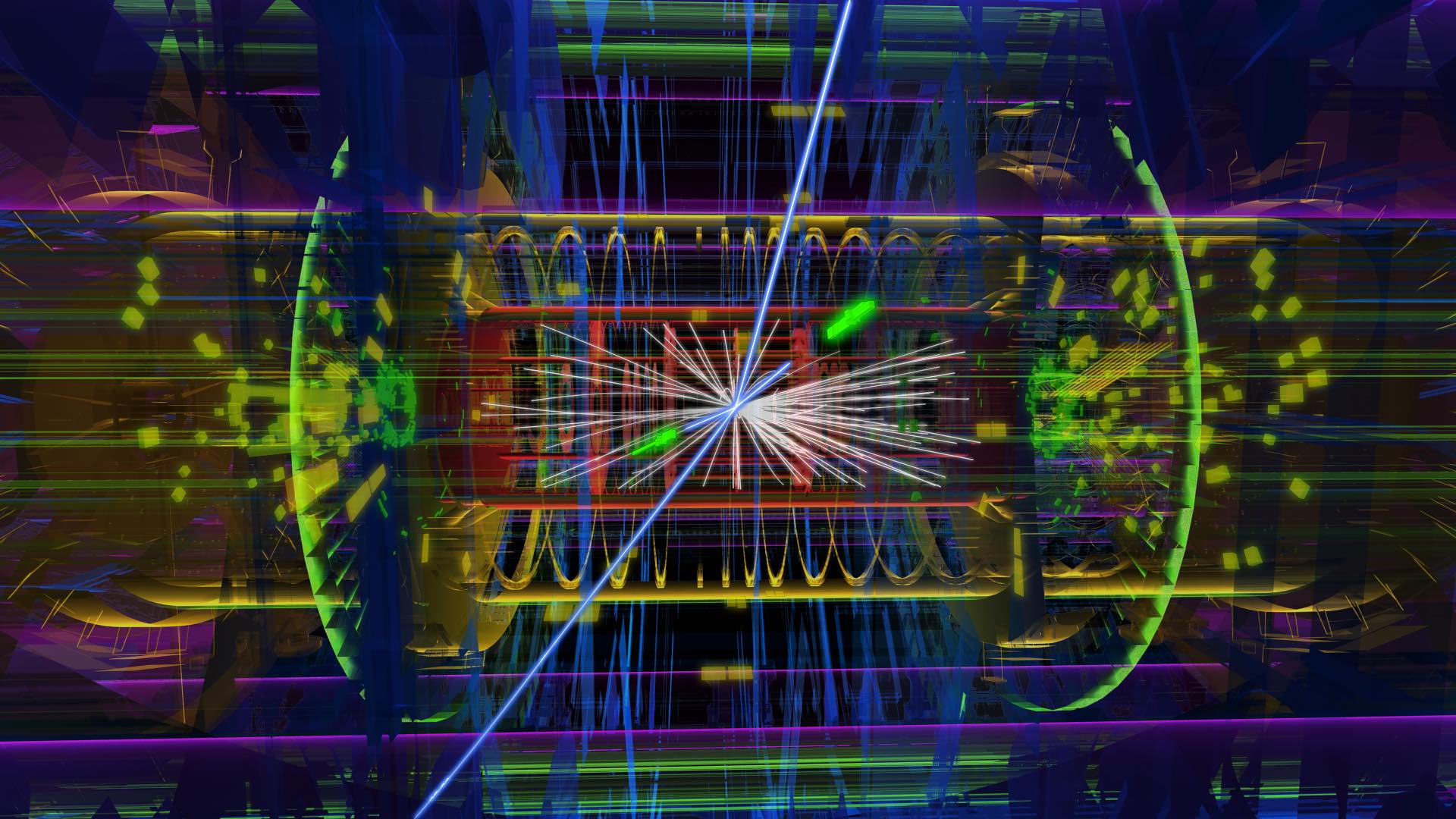In 2018, the Danish universities together with the Danish Ministry of Higher Education and Science published Strategi for Nationalt samarbejde om Digital Forskningsinfrastruktur with the purpose of strengthening cooperation between the universities when it comes to research e-infrastructure. Now, the first contracts have been signed, paving the way for easy access to HPC for all kinds of researchers and for new scientific breakthroughs.
The eScience Center, representing SDU, is proud to be part of the new agreement with DeiC regarding the establishment of a National HPC Center at SDU. The eScience Center will play a coordinating role for the new consortia for Type 1 and Project 5, and it will host the new national HPC facilities at SDU while providing back office and user support. We look forward to cooperating very closely with our consortia partners AAU, AU and DTU and with DeiC in the future to provide top-level HPC services to Danish researchers.
The Different Types
The new HPC-landscape includes four national systems:
- HPC Type 1 (Interactive HPC): based on UCloud and designed to give researchers easy access to HPC regardless of their level of experience. This type is placed both at SDU (YouGene cluster) and AAU (CLAAUDIA), and operated by the SDU, AAU and AU consortium.
- HPC Type 2 (Throughput HPC): Three machines, which will be replacing ABACUS2.0, are called Computerome2, Sophia and GenomeDK. The machines are placed at AU and DTU and operated by AU, DTU and KU.
- HPC Type 3 (Large Memory HPC): placed at SDU and designed for large memory systems.
- HPC Type 4 (Accelerated HPC): development system for future accelerator technology, placed at KU.
HPC Type 1 and HPC Type 2 are ready for new users now. HPC 3 is scheduled to be operational on 1 March 2021, and HPC 4 is expected to be available in 2022.
Easy, free access
In the new agreement between the consortia of universities and DeiC, the Danish universities also commit to working closely together to provide researchers with a joint platform from which they can access all the different types of National HPC facilities, in the similar manner that researchers presently can access HPC Type 1 through UCloud. This project is currently referred to as Project 5 and it will be developed by a consortium formed by SDU, DTU and AU.
With the agreement, the aim is also to make National HPC free for researchers who wish to use it. As DeiC owns a share of all the systems, researchers at SDU will be able to apply for resources not just through SDU, but through DeiC as well.
LUMI
Access to National HPC facilities will work as a steppingstone to access one of the world’s most powerful supercomputers. 10 European countries, including Denmark, collaborate on the HPC-project, LUMI (Large Unified Modern Infrastructure), and thanks to the new agreement, Danish researchers will be able to get access to the LUMI supercomputer, placed in Finland, through the same channels that they can now get access to the National HPC facilities.
For more information on LUMI click here.
Read more
https://www.sdu.dk/da/nyheder/aktuelt_fra_sdu/ny-supercomputer-skaber-langt-mere-samfundsvaerdi
https://www.deic.dk/da/news/2020-12-10/hpc


